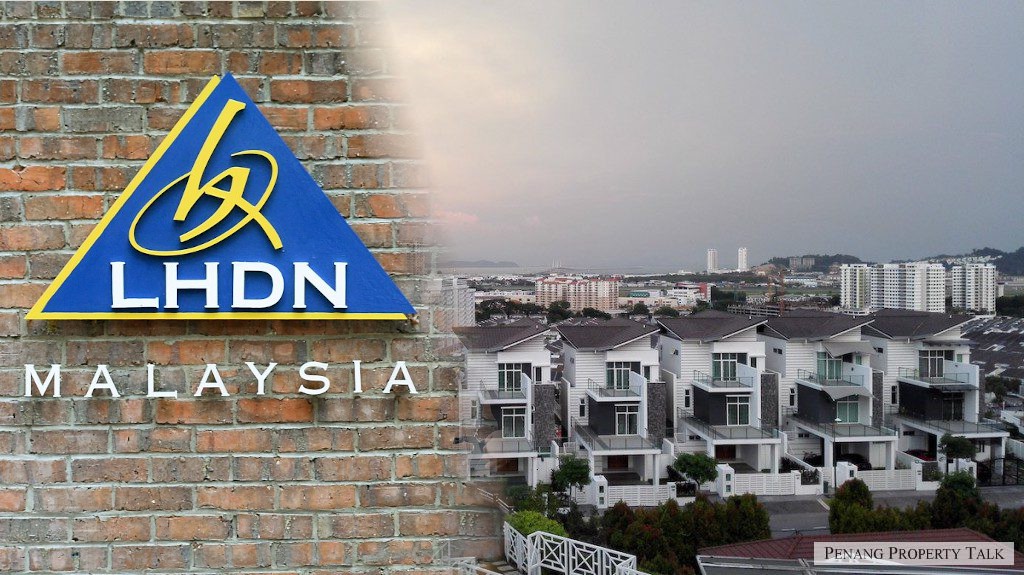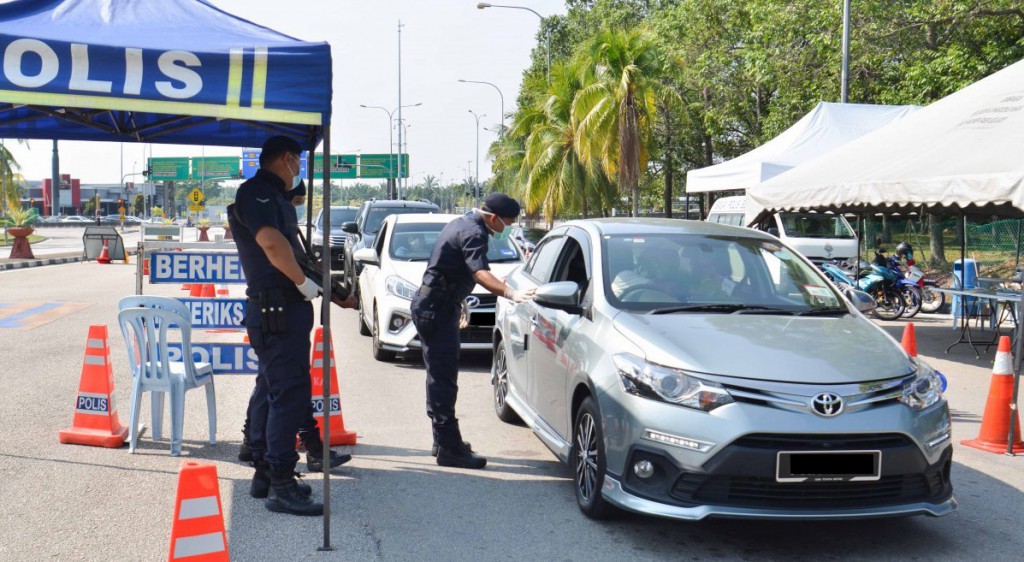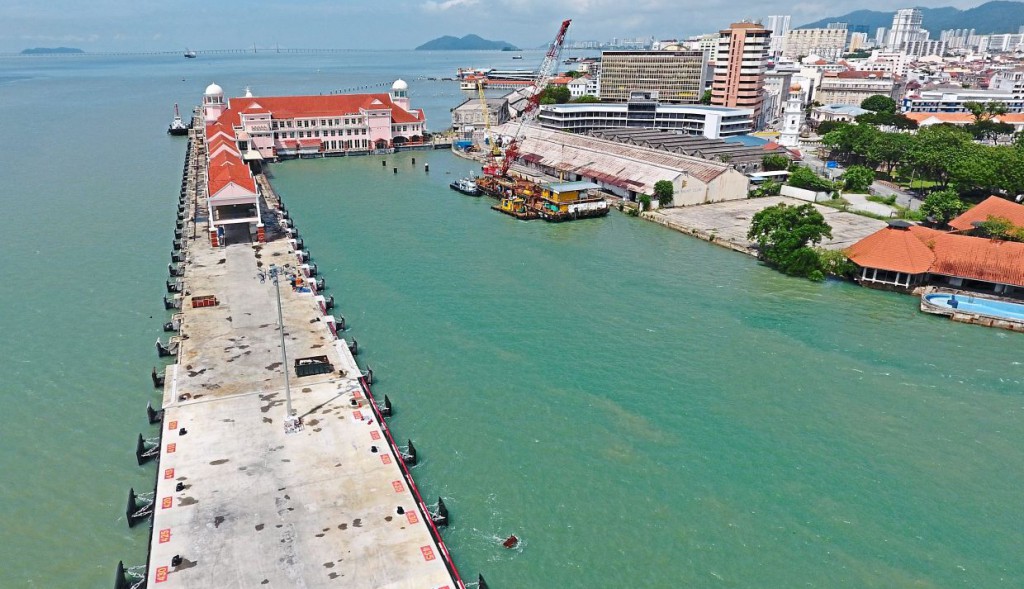
Whether you’re a property investor, an owner simply looking to sell your current home to purchase your dream home or a corporate group engaging in a corporate restructuring exercise, it is important to be aware of all costs associated with a real estate transaction including the real property gains tax (RPGT) in Malaysia.
RPGT is a form of capital gains tax levied on profits arising from the disposal of real property or real property company (RPC) shares. Real property is defined to mean any land situated in Malaysia and any interest, option and other right in or over such land.
The effect of the definition of real property is that RPGT can be levied on interests or ownerships which amount to less than a full title to the land.
The RPGT Act, 1976 has been amended a number of times over the years to cater to the economic needs of the country. Currently, companies as well as individuals that are citizens or permanent residents of Malaysia will be subject to RPGT at the following rates:
- Disposal within three years – 30%,
- Disposal in the fourth year – 20%,
- Disposal in the fifth year – 15%, and
- Disposal after the fifth year – companies (10%), Malaysian citizens or permanent residents (5%). For non-citizens or non-permanent residents of Malaysia, the RPGT rate is 30% for disposals in the first five years and 10% for disposals after five years.
Based on the Short-Term Economic Recovery Plan or Penjana package announced last year, Malaysian citizens are exempted from RPGT on gains from the disposal of up to three residential properties from June 1, 2020 to Dec 31, 2021.
RPGT exemption is also available for disposals of properties by Malaysian citizens in the sixth or subsequent year after the acquisition date where the consideration does not exceed RM200, 000.
The other main exemptions from RPGT that are available for individuals are as follows:
- Exemption of RM10, 000 or 10% of the chargeable gain, whichever is greater,
- Malaysian citizens or permanent residents are given a once in a lifetime exemption for the disposal of a private residence, and
- Gifts between husband and wife, parent and child or grandparent and grandchild provided that the donor is a citizen of Malaysia. This exemption is not applicable for transfers between siblings.
Transfers of real properties between companies in the same group to bring about greater efficiency, or for purposes of reorganisation, reconstruction or amalgamation could be exempted from RPGT if certain conditions are fulfilled and the prior approval of the Director General of Inland Revenue is obtained.
For disposals of real property that take place from Oct 12, 2019, the market value of the property on Jan 1, 2013 will be deemed to be the purchase price for properties that were acquired prior to 2013.
This would give rise to a higher cost base and lower profits, thus reducing the property seller’s tax burden.
Incidental costs incurred in disposing properties can be deducted in calculating the taxable gains.
These would include fees for legal services, surveyors, sales commission etc. A common problem faced by many taxpayers is that RPGT returns are filed without taking into account incidental costs, resulting in higher RPGT payable.
Generally, Malaysia does not charge any capital gains tax (neither does Malaysia have a capital gains tax regime) on the sale of shares, the exception being profits arising from the sale of RPC shares.
An RPC company is a controlled company which holds real property or shares in another RPC where the market value of the real property or RPC shares is not less than 75% of the value of the company’s total tangible assets.
It follows then that shares in public listed companies are not regarded as RPC shares as these are not controlled companies.
The incorporation of the RPC legislation into the RPGT Act, 1976 with effect from Oct 21, 1988 was to cover a loophole that existed previously, whereby taxpayers could avoid RPGT by disposing shares in the company instead of selling the real property owned by the company.
However, under the RPC concept, the shares are deemed to be chargeable assets that are subject to RPGT.
Some interesting trivia – in a Malaysian High Court ruling, it was held that shares in a property development company would not be regarded as RPC shares since the development land held by the property developer is subject to income tax and not RPGT.
The High Court’s decision was premised on the rationale for the introduction of the RPC concept, which was to avoid the “mischief” conducted by taxpayers to avoid RPGT.
The Court of Appeal overruled the High Court’s decision, ruling that a property development company will be regarded as a RPC based on the literal interpretation of what constitutes real property under the RPGT Act, 1976, as real property includes land situated in Malaysia, notwithstanding that the development land itself is subject to income tax and not RPGT.
In a merger and acquisition exercise which involves the transfer of shares, it is important to evaluate whether the shares being transferred are RPC shares and subject to RPGT.
There is a myriad of issues to be aware of in dealing with RPGT, an interesting area of taxation law in itself.
Harvindar Singh is managing partner of Harvey & Associates. The views expressed here are his own.
Source: TheStar.com.my




